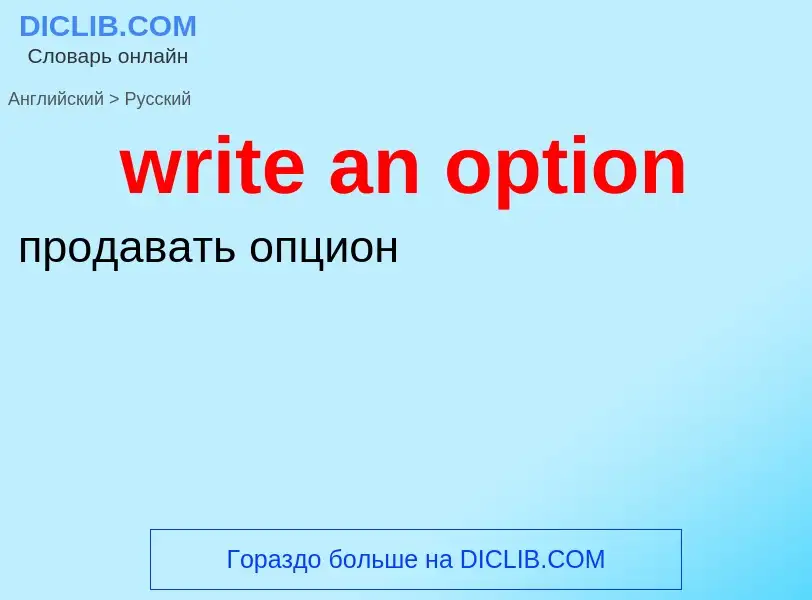Traduction et analyse de mots par intelligence artificielle ChatGPT
Sur cette page, vous pouvez obtenir une analyse détaillée d'un mot ou d'une phrase, réalisée à l'aide de la meilleure technologie d'intelligence artificielle à ce jour:
- comment le mot est utilisé
- fréquence d'utilisation
- il est utilisé plus souvent dans le discours oral ou écrit
- options de traduction de mots
- exemples d'utilisation (plusieurs phrases avec traduction)
- étymologie
write an option - traduction vers russe
Définition
Wikipédia
In finance, the time value (TV) (extrinsic or instrumental value) of an option is the premium a rational investor would pay over its current exercise value (intrinsic value), based on the probability it will increase in value before expiry. For an American option this value is always greater than zero in a fair market, thus an option is always worth more than its current exercise value. As an option can be thought of as 'price insurance' (e.g., an airline insuring against unexpected soaring fuel costs caused by a hurricane), TV can be thought of as the risk premium the option seller charges the buyer—the higher the expected risk (volatility time), the higher the premium. Conversely, TV can be thought of as the price an investor is willing to pay for potential upside.
Time value decays to zero at expiration, with a general rule that it will lose 1⁄3 of its value during the first half of its life and 2⁄3 in the second half. As an option moves closer to expiry, moving its price requires an increasingly larger move in the price of the underlying security.


 vs Market Capitalization.png?width=200)

.png?width=200)
.png?width=200)

